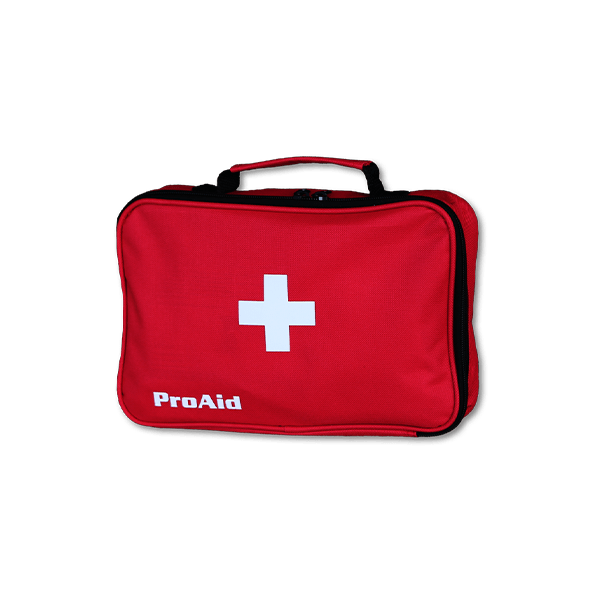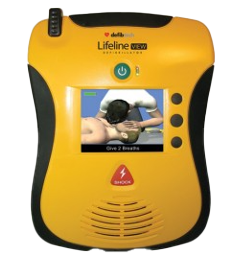As of 25th of April 2024 34 workers Australia wide have been killed this year at work.
A fast and effective Emergency plan can and will save workers lives.
Effective emergency plans and audits are essential for any organisation. Perth-based businesses should develop and refine these emergency plans to better manage potential crises and ensure the safety of their workforce.
Importance of emergency plans in workplace safety
Developing comprehensive emergency plans
Emergency plans are the backbone of workplace safety, providing clear guidelines and procedures to follow in case of a crisis. For these plans to be effective, they must be comprehensive, covering all potential emergencies from natural disasters to workplace accidents. Each plan should detail specific roles and responsibilities, evacuation procedures, emergency contact information, and safety measures to protect both personnel and assets.
Regular updates and employee training
An emergency plan is only as good as its implementation. Regularly updating these plans to reflect new risks, changes in the layout of the workspace, and the introduction of new technology or processes is crucial. Equally important is regular training for all employees to ensure everyone knows what to do in an emergency, enhancing the overall responsiveness of your team.
The role of audits in improving emergency readiness
Conducting effective emergency audits
Audits are critical for assessing the effectiveness of emergency plans. These should be conducted by independent experts who can provide an objective analysis of both the strengths and potential weaknesses of your current plans. Audits help identify gaps in safety measures and procedural flaws that could be catastrophic during an actual emergency.
Benefits of professional emergency plan audits
Professional audits provide peace of mind by ensuring that all aspects of your emergency plans are functional and effective. They offer insights into how well your organisation is prepared to handle emergencies and often lead to significant improvements in your safety protocols, which can save lives. Regular audits also demonstrate to regulators and insurance companies that your organisation is committed to maintaining high safety standards.
Common causes of workplace incidents and the role of emergency plans
Understanding the common causes of workplace incidents helps in crafting effective emergency plans. Here are some key areas to consider:
Falls: Ensure your emergency plan includes specific protocols for preventing falls, such as regular checks on safety harnesses and guardrails.
Vehicle Accidents: Include measures for safe operation of vehicles on-site and in company parking lots in your emergency plans.
Struck by Objects: Reinforce the importance of using personal protective equipment and securing tools or materials to prevent these accidents.
Electrocutions: Your emergency plan should include guidelines for regular electrical safety inspections and proper handling of electrical equipment.
Exposure to Harmful Substances: Ensure that there are clear procedures for handling chemicals and other dangerous substances, including emergency response in case of spills.


The strategic importance of emergency services officers
Deploying emergency services officers
Having well-trained Emergency Services Officers (ESOs) on-site is often the critical difference in outcomes when an emergency situation or accident occurs. These professionals not only respond to these emergencies but also play a key role in conducting drills and training sessions for all, preparing staff for unexpected situations. They ensure that emergency plans are not only understood by all employees but are also effectively executed during a crisis.
What are your businesses next steps?
For businesses in Perth, prioritising the development and continual improvement of emergency plans and audits is a critical investment in safety and operational continuity.
By focusing on these areas, organisations can ensure a swift and effective response to emergencies, thereby protecting their employees, assets, and reputation.
Contact our team today to get started on an Emergency Plan and Safety Audit.





